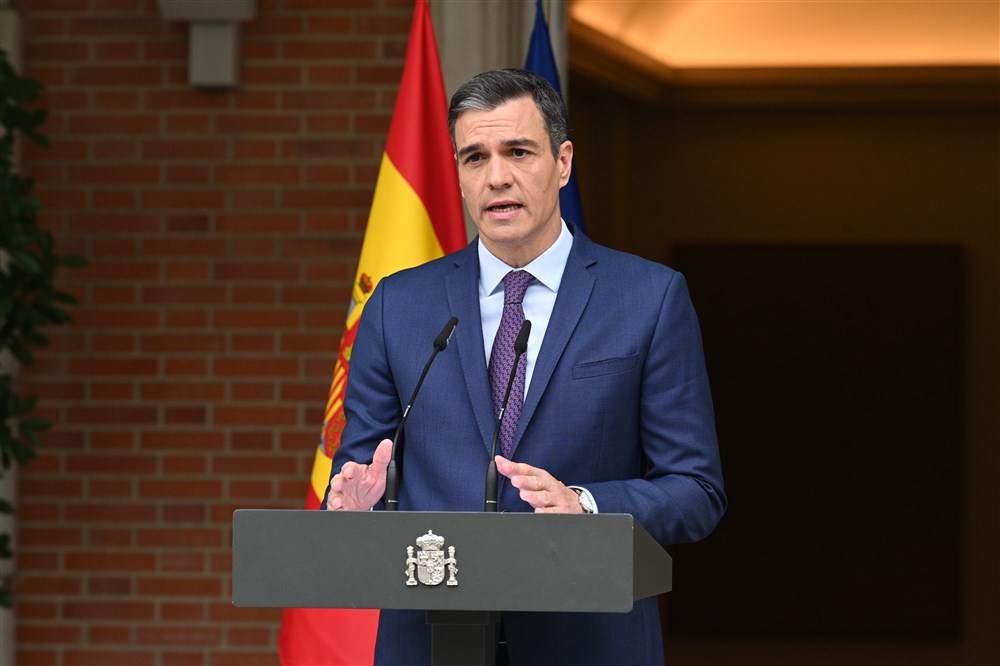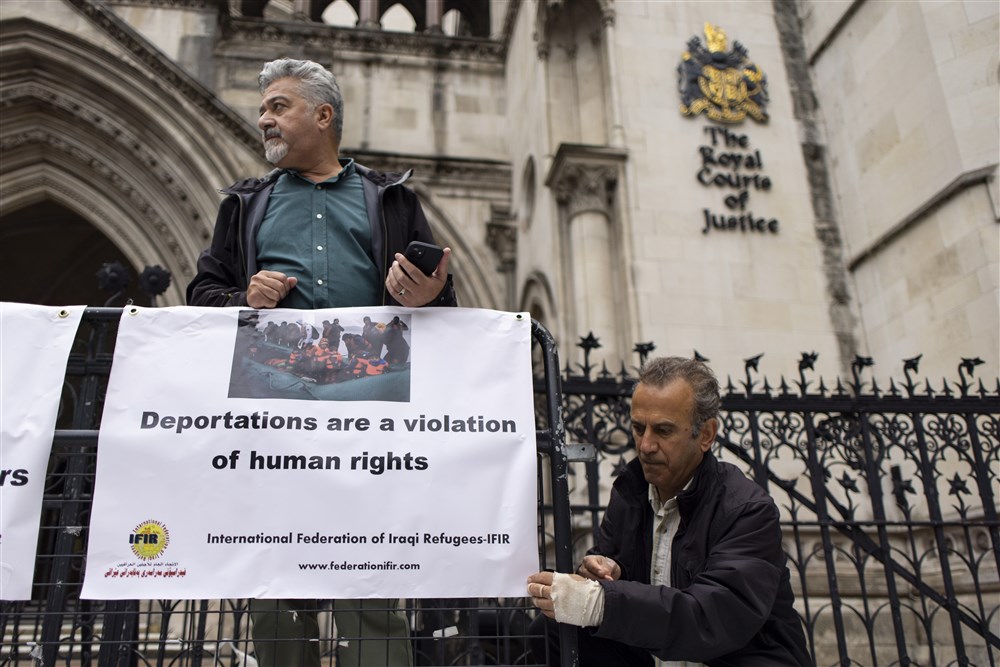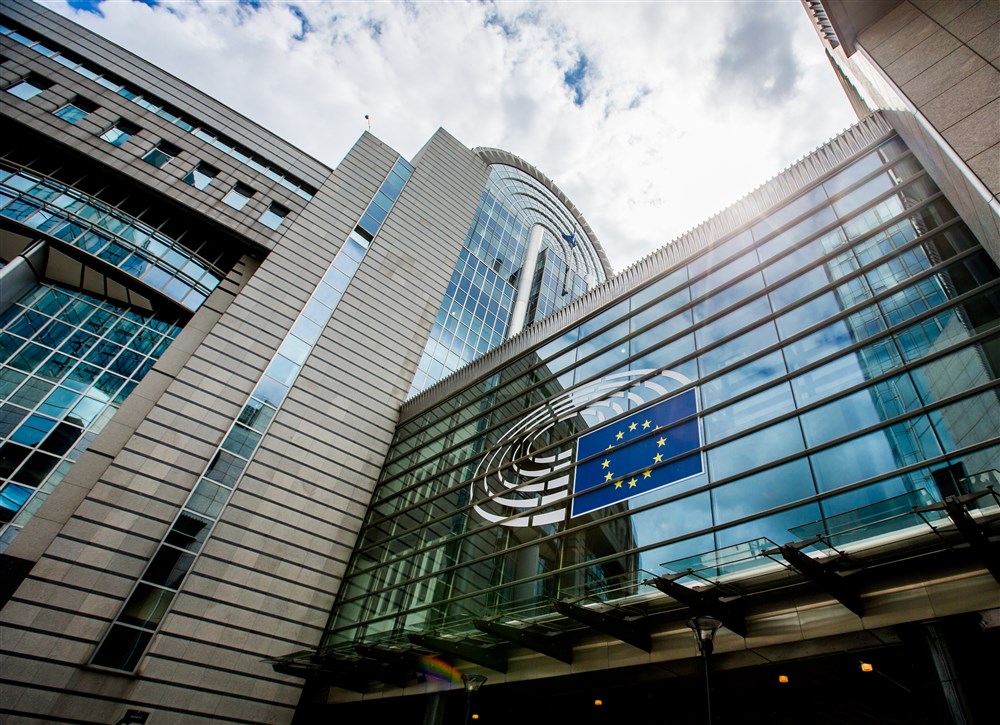The General Court of the European Union has rejected an appeal by Carles Puigdemont and his fellow Together for Catalonia (JxCat) MEPs Toni Comín and Clara Ponsatí, confirming a European Parliament decision to waive their immunity.
The Catalonian politicians say they will appeal again against the decision. They have two months to submit that and the court has six months to reach a verdict on it.
The latest outcome means that the Spanish High Court is free to demand a European arrest warrant for the three, who live outside Spain, and demand extradition to their home country.
Puigdemont is responsible for organising a pro-independence referendum in Catalonia in 2017. The independence movement won with a large majority, but Spain regarded the entire situation as insurgency, sedition and misuse of public funds.
As a result, Spanish authorities brought criminal proceedings against Puigdemont, Comín and Ponsatí, but they fled the country before facing the courts.
The trio subsequently applied to stand as candidates in the elections to the European Parliament and won.
However, their names were not officially on the list of candidates elected in Spain because they had not taken the required oath or promised to respect the Spanish Constitution as is demanded under national law. Their seats were therefore declared vacant, and all relevant entitlements were suspended until such time as they conformed with the legislation.
All three reject the charges against them, which Puigdemont described as “a clear case of political persecution”.
In 2019, Spain sentenced nine other Catalan leaders to between nine and 13 years in prison over their role in the independence vote.
The European Parliament said it could not regard Puigdemont, Comín and Ponsatí as MEPs in the absence of official notification of their election by the Spanish authorities. The Spanish Supreme Court asked the Parliament to waive the parliamentary immunity of Puigdemont and Comín, something the Parliament agreed to.
The three Catalonians took their case to the General Court of the European Union but lost that today.
During the hearing in Luxembourg, Puigdemont’s lawyers stressed that the offence of sedition was not criminalised in any of the Member States and was repealed in Spain with the last reform of the penal code.
#EUGeneralCourt dismisses the action brought by Mr #Puigdemont, Mr #Comín and Ms #Ponsatí against @Europarl_EN’s decisions to waive their immunity @KRLS @toni_comin @ClaraPonsati ? https://t.co/ATb3CgbPxg
— EU Court of Justice (@EUCourtPress) July 5, 2023
In the public hearing of the case last November, European Parliament lawyer Norbert Lorenz indicated that the initial decision to recognise the former Catalan president and the other two independence leaders as MEPs was “probably illegal”, as the Central Electoral Council never confirmed them as Spanish MEPs.
“The European Parliament treated the complainants correctly: in January 2020, they were allowed to take their seats in Parliament on an interim basis and … probably illegally, because Parliament never received notice that the complainants had been appointed in Spain and met the required requirements,” the European Parliament’s legal representative explained. And that shows, he stressed, that Parliament had behaved perfectly correctly “with the complainants”.
The General Court dismissed the action brought by Puigdemont, Comín, and Ponsatí against the Parliament’s decisions to grant the requests for the waiver of their immunity.
The Parliament justified its conclusion by considering several factors, such as the timing of the alleged offences in 2017, before the applicants became MEPs on 13 June 2019, meaning that the charges against the three had nothing to do with their activities as members of the European Parliament.
The General Court emphasised that the Parliament is not obliged to examine the legality of Spanish judicial acts during its review of a request for immunity waiver, as this responsibility solely rests with national authorities.
The three also claimed that the Parliament infringed the principle of impartiality but the court also dismissed that.
Due to the complexity of procedures, a decision on the trio’s appeal could take up to eight months, implying they may be able to carry out their European mandate in full for that period.
Res no s’acaba, ben al contrari. Tot continua. Presentarem recurs al TJUE, i defensarem fins al final els nostres drets fonamentals, que són també els drets fonamentals dels catalans i els europeus. Amb el mateix esperit del primer dia, treballant per guanyar la llibertat.…
— krls.eth / Carles Puigdemont (@KRLS) July 5, 2023





